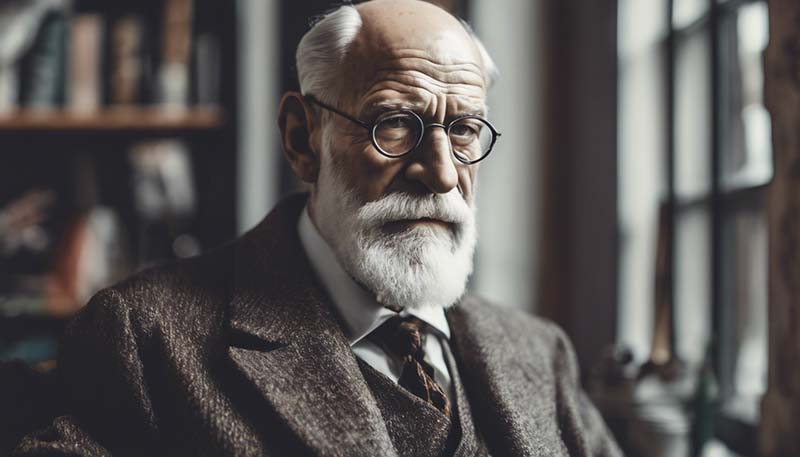Sigmund Freud: The Father of Psychoanalysis and His Controversial Legacy
Sigmund Freud: The Father of Psychoanalysis and His Controversial Legacy
Introduction
Sigmund Freud (1856-1939) is widely recognized as the founder of psychoanalysis. His theories on the unconscious mind, repression, and the influence of childhood experiences on adult behavior have had a profound impact on psychology, psychiatry, and the broader culture. Despite his influence, Freud's work has been the subject of significant debate and controversy.
Early Life and Education
Sigmund Freud was born in Freiberg, Moravia (now part of the Czech Republic), and his family moved to Vienna when he was four years old. Freud showed an early interest in science and eventually entered the University of Vienna to study medicine. After completing his degree, he continued his research in neurology and became interested in the treatment of patients with neurological disorders.
The Development of Psychoanalysis
Freud's work in neurology led him to explore the mind's role in physical symptoms, which was a departure from the prevailing medical view of the time. He developed the technique of free association and the concept of the unconscious mind, which he believed held repressed memories and desires that influenced behavior.
Key Theories and Concepts
The Structure of the Mind
Freud proposed that the mind is divided into three parts: the id, the ego, and the superego. The id operates on the pleasure principle, seeking immediate gratification. The ego mediates between the id and reality, following the reality principle. The superego represents internalized moral standards and judges the ego.
Advertisement
Psychosexual Development
Freud's theory of psychosexual development posits that personality is shaped by how children navigate through a series of stages, with each stage characterized by a different erogenous zone. Successful resolution of each stage leads to a healthy personality, while fixation or failure to resolve can result in neurosis.
Defense Mechanisms
Freud described various defense mechanisms that the ego uses to protect the individual from anxiety. These include denial, repression, projection, and sublimation, among others.
Controversies and Criticisms
Scientific Validity
Many of Freud's theories have been criticized for their lack of empirical support. Critics argue that his methods, such as dream analysis and free association, are subjective and not quantifiable or verifiable through scientific methods.
Sexual Determinism
Freud's emphasis on the role of sexuality in human behavior has been criticized as reductionist. Some argue that it oversimplifies complex human motivations and experiences.
Gender Bias
Freud's theories have been accused of being biased towards a male perspective, particularly in his views on female sexuality and development.
Legacy and Influence
Despite the controversies, Freud's ideas have permeated Western thought and culture. Concepts like the unconscious mind, defense mechanisms, and the importance of early childhood experiences are now common in psychological discourse.
Impact on Culture
Freud's theories have influenced literature, film, art, and even everyday language. Many of his terms, such as "Oedipus complex" and "penis envy," have entered common parlance.
Psychoanalytic Movement
Freud's work laid the foundation for the psychoanalytic movement, which has spawned numerous schools of thought, including object relations, ego psychology, and Lacanian psychoanalysis.
Conclusion
Sigmund Freud's legacy is a complex tapestry of groundbreaking ideas and enduring controversy. While his theories have been challenged and refined over the years, his impact on our understanding of the human mind remains significant.
References
- Freud, S. (1917). Introductory Lectures on Psychoanalysis. SE, 15–16.
- Jones, E. (1953–1957). Sigmund Freud: Life and Work. Hogarth Press.
- Gay, P. (1988). Freud: A Life for Our Time. W.W. Norton & Company.
